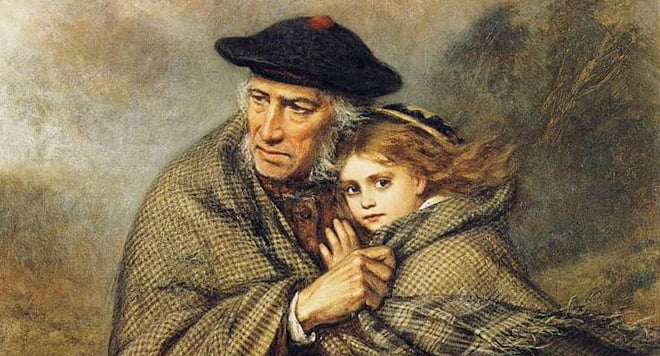In the early pages of Silas Marner, a devout young weaver falls asleep at a sick man’s bedside and is accused of having robbed the dying man. His religious community
resolved on praying and drawing lots… Silas knelt with his brethren, relying on his own innocence being certified by immediate divine interference, but feeling that there was sorrow and mourning behind for him even then–that his trust in man had been cruelly bruised. The lots declared that Silas Marner was guilty. He was solemnly suspended from church-membership, and called upon to render up the stolen money: only on confession, as the sign of repentance, could he be received once more within the fold of the church. Silas Marner listened in silence.
Login to read more
Sign in or create a free account to access Subscriber-only content.
Topics:
